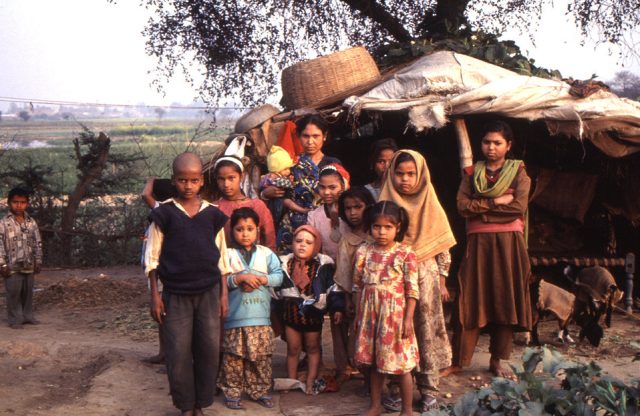A Continuous Deterioration In Healthcare, For How Long?
Healthcare has been a major concern for the rural sector in the country. Access to medical help in cases of emergencies is an issue the government has not been able to tackle, despite its surveys and policies. A big problem is the financial risks that rural households face due to lack of adequate facilities. The Rashtriya Swasthya Bima Yojana (RSBY) was an ambitious scheme launched by the government in 2008-09 to provide financial cover to families in villages for their medical needs. According to a Scroll.in report, after 8 years of rolling out the scheme and spending close to Rs. 5000 crores on it, sadly there are no visible results.
The RSBY had sought help from the private and the public sector to provide funds for this scheme. It covers Rs 30,000 annually for every family. The programme engages a network of about 8,700 hospitals and 14 insurance companies from both the sectors. It has funded over 14 million hospitalisations so far. This is still way below the expectations of the RBYS. In India, the size of a family, a rural family especially, is a minimum of 4 people. There is no way that Rs 30,000 could suffice for them, especially since they have to rein in travel and stay expenses in urban cities. The amount is inadequate and exhaustive. Families have to travel to metropolitan cities to find the services they need. Recently it was reported in the Indian Express that a young girl with a spinal cord injury had to travel over 450 km to reach Mumbai for her treatment.
The Scroll report states that the policy had made only marginal difference in reducing the health expenditure of the families in rural India. The number of families enrolled in RSBY is 36 million, which is almost 60% of the families living in the districts where this scheme was implemented. The enrollment was done on the basis of census data provided by the state governments. The outreach of the programme has been a big issue, apart from the inadequacy of funds. Health benefit schemes in remote areas, bank upon the communication from the government. It is important to make the beneficiaries aware of the policies. Plenty families are not aware of the scheme, the benefits it entails, who to reach out to and avail of the said benefits. The question arises, where has all the money gone, if it has not impacted even 10% of the beneficiaries it aimed to reach?
For almost 9 years, funds have been coming in for this scheme and it has been going to waste. Policy decisions demand follow up audits to make sure that the money is being put to good use. The ever-increasing holes in the programme could have been attended and come to light sooner. A policy has to be backed up with practical results on the ground for an effective outcome.
Thank you for reading the story until the very end. We appreciate the time you have given us. In addition, your thoughts and inputs will genuinely make a difference to us. Please do drop in a line and help us do better.
Regards,
The CSR Journal Team













